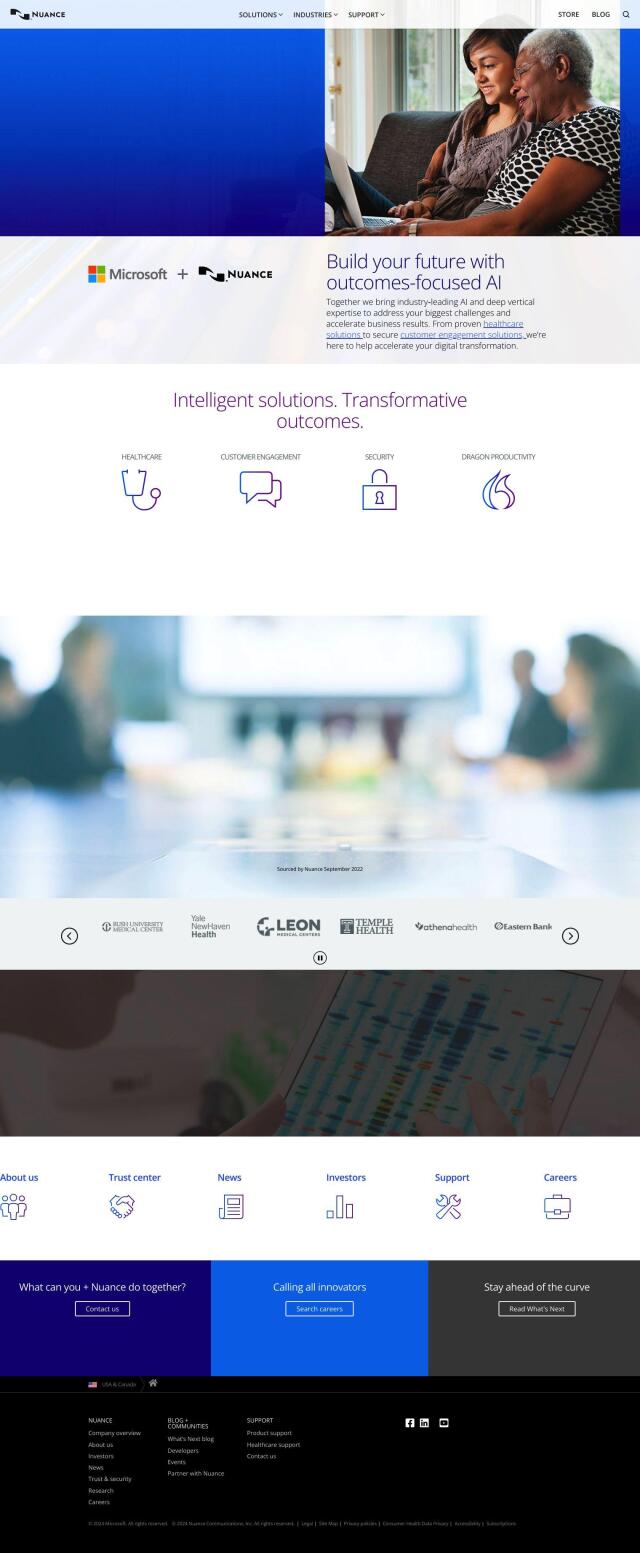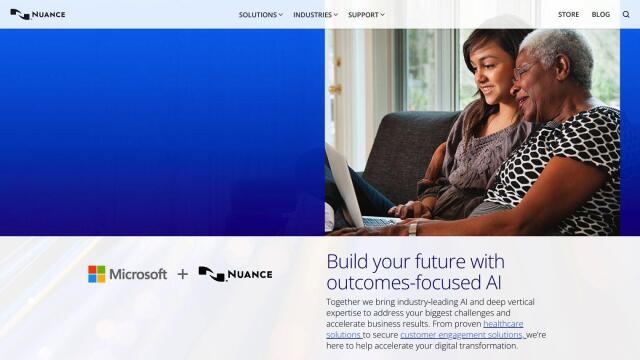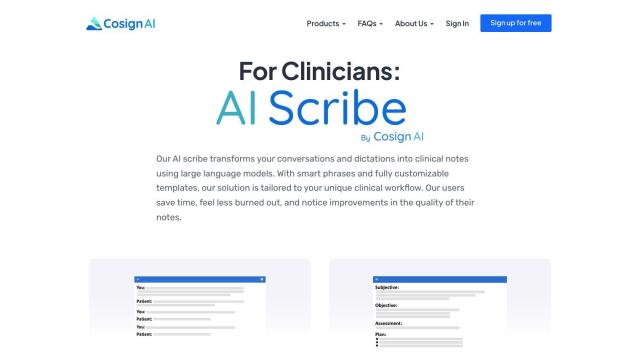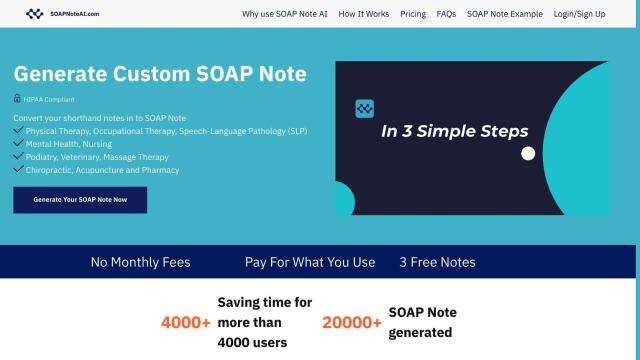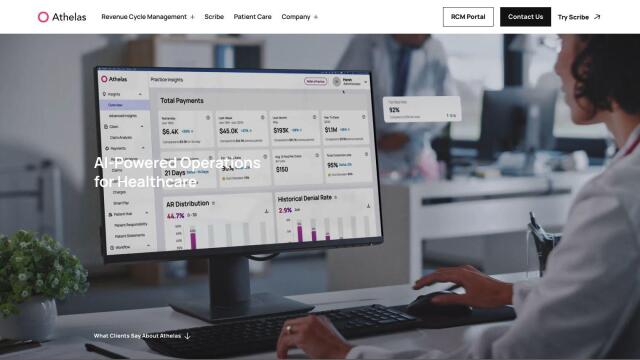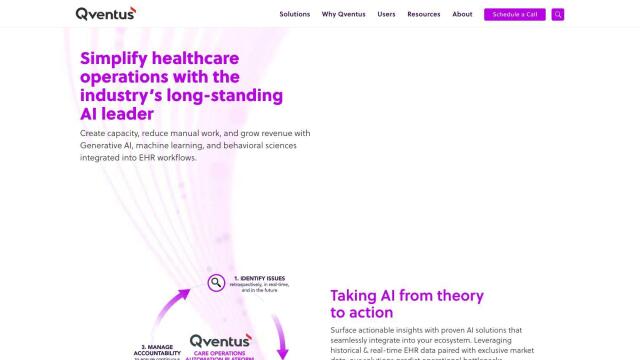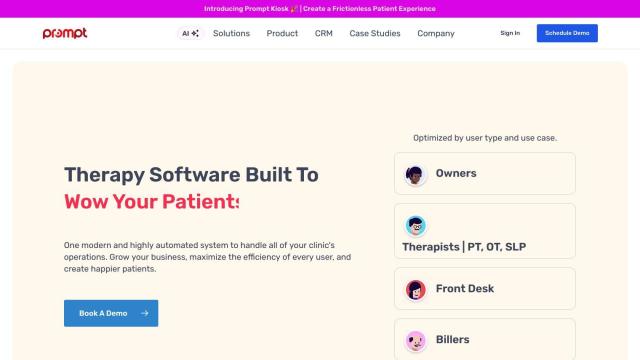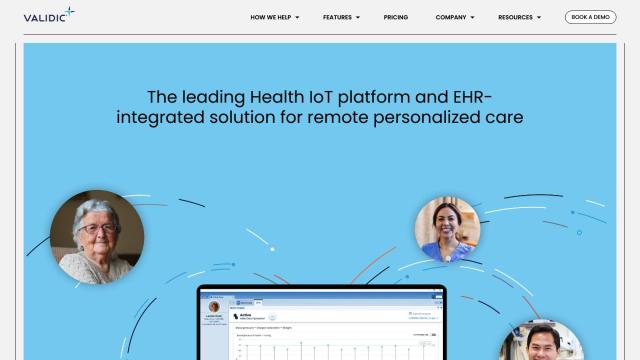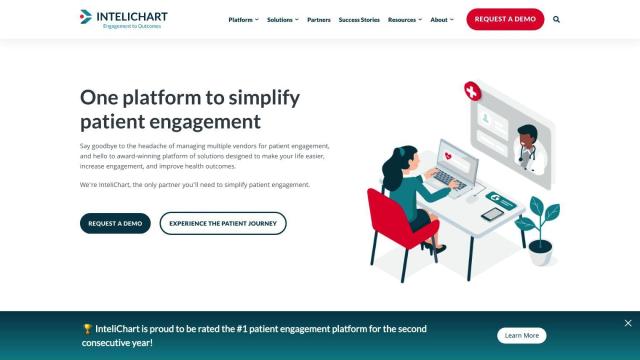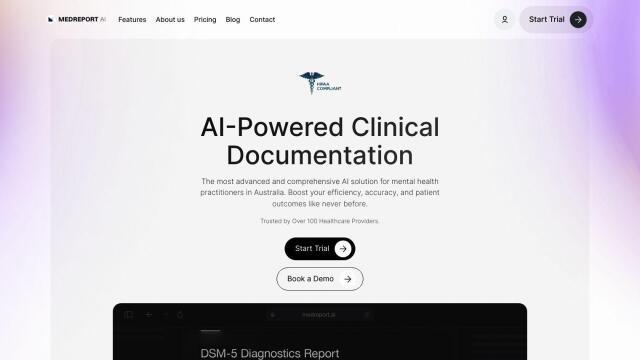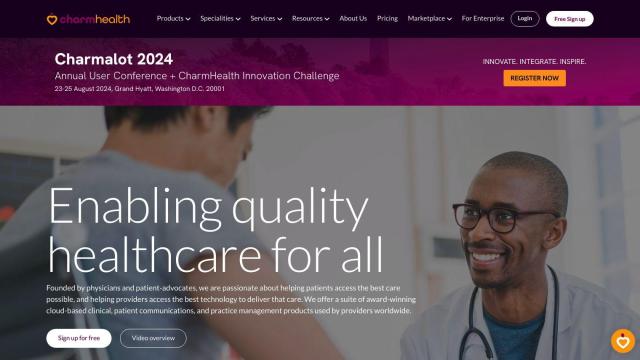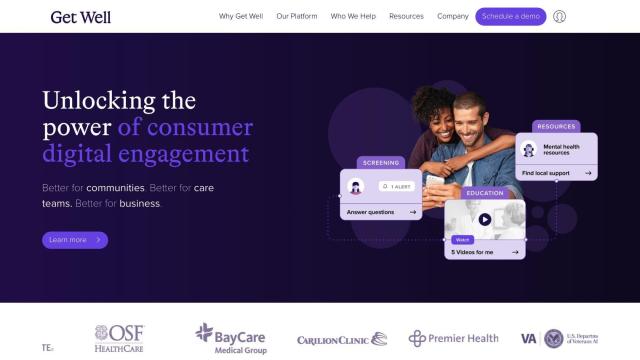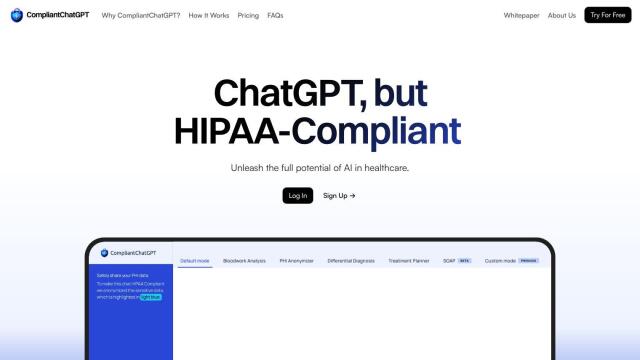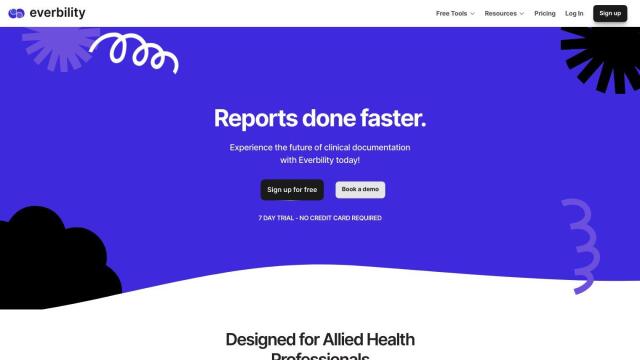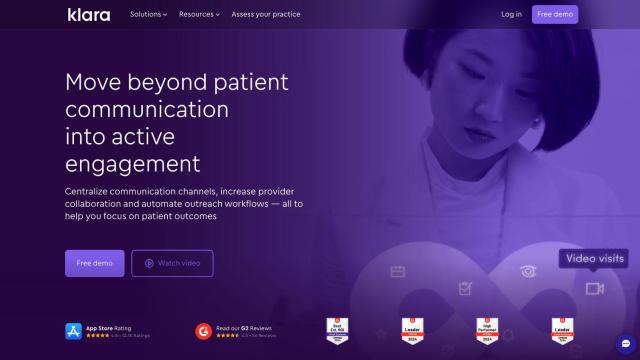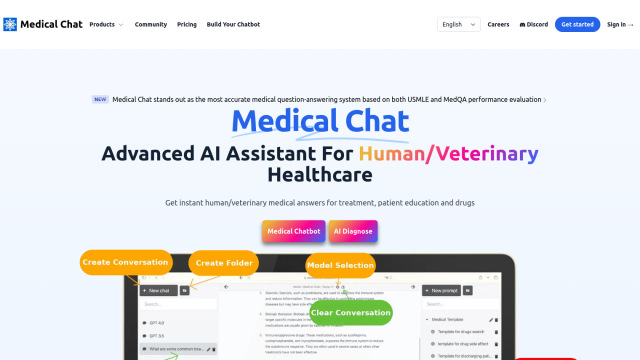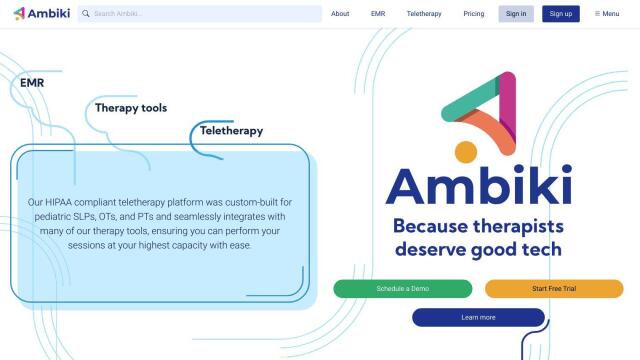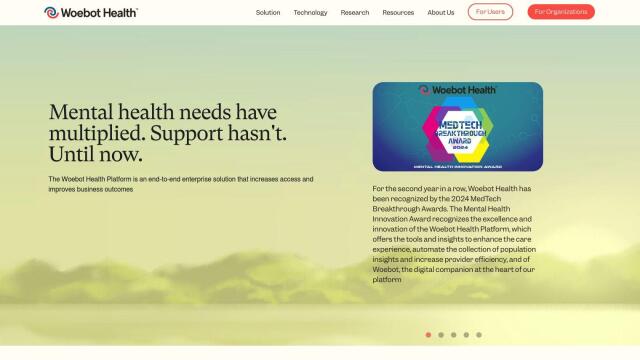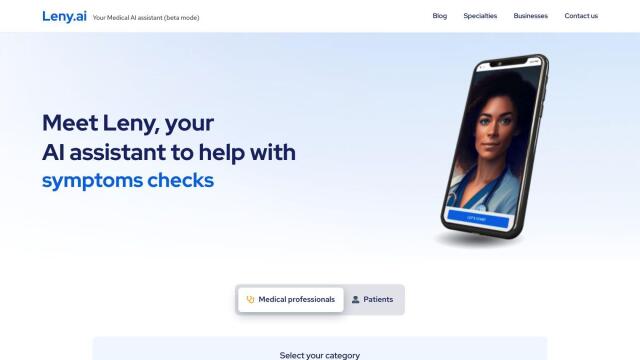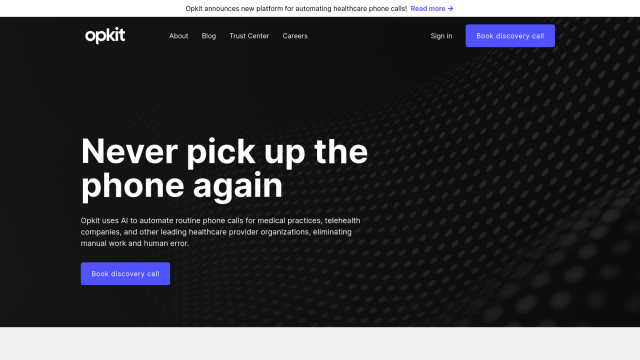Question: I'm looking for a tool that streamlines patient data collection and offers customization options for clinics.

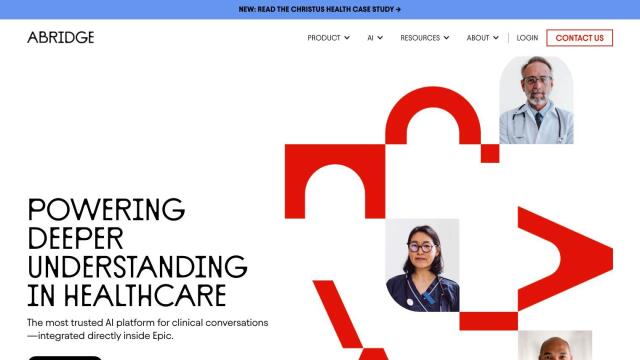
Abridge
For a tool that simplifies patient data collection and that lets clinics customize how it works, Abridge is a top contender. The generative AI platform converts clinical conversations into structured notes that are built directly into Epic systems. It can generate notes in real time, support multiple languages, create clinically validated summaries and provide an enterprise version with single sign-on, custom governance controls and cloud storage that's protected. Abridge can help free up clinicians from documentation work so they have more time for other things and a better life-work balance.

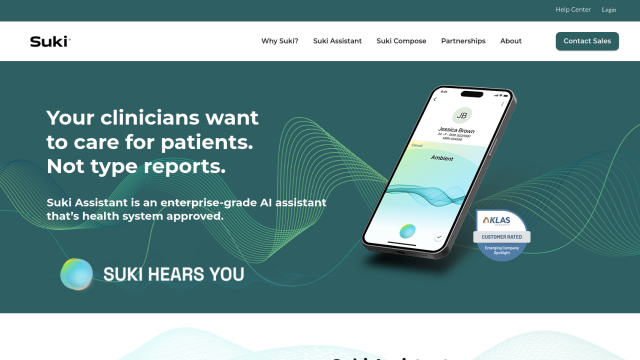
Suki
Another top contender is Suki, an AI voice assistant that automates clinical work. It can generate ambient notes, dictate text, suggest coding and answer questions, and it's relatively easy to set up in a variety of specialties. Suki works with most EHR systems, reviews clinician content before sending it to the EHR and has strong security. It can lead to big cost savings and productivity improvements and higher physician satisfaction.

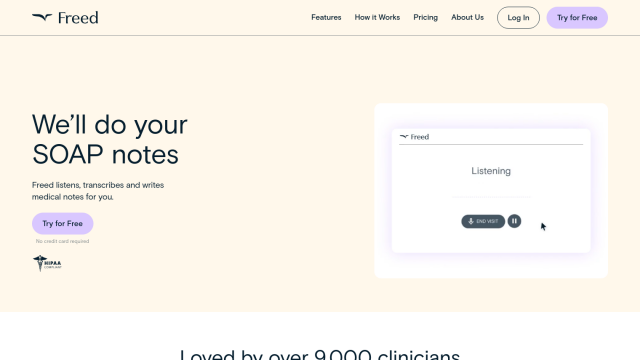
Freed
Freed is another top contender for its AI-based medical scribe technology. It can learn clinicians' formatting styles and generate custom clinical notes in minutes. Freed can integrate directly with EHR systems, transcribe text accurately and protect patient data. It can cut down on documentation time and stress for health care providers.
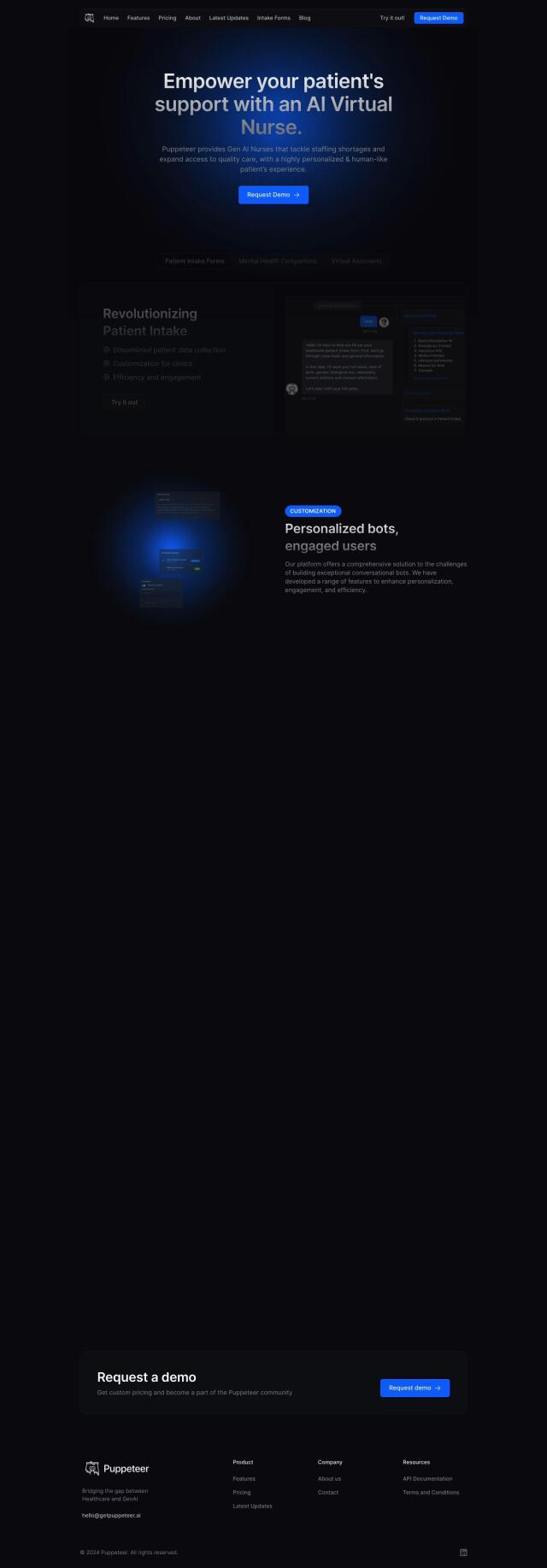
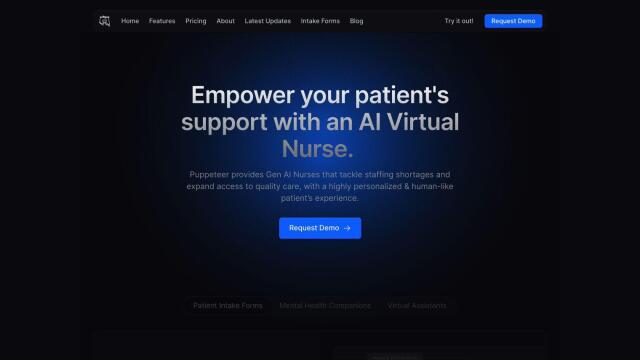
Puppeteer
Last, Puppeteer is a broad conversational AI platform that can be used for customizable patient intake forms, mental health companions and patient engagement virtual assistants. It can integrate with EHR databases and SMS messaging systems for a secure, data-driven approach. Puppeteer can help solve staffing challenges and improve patient and provider experiences.
